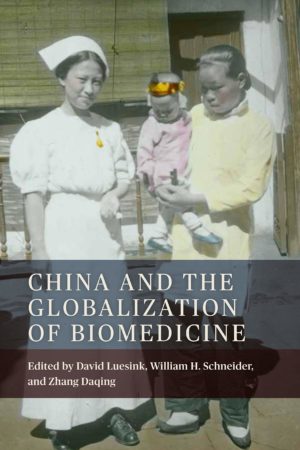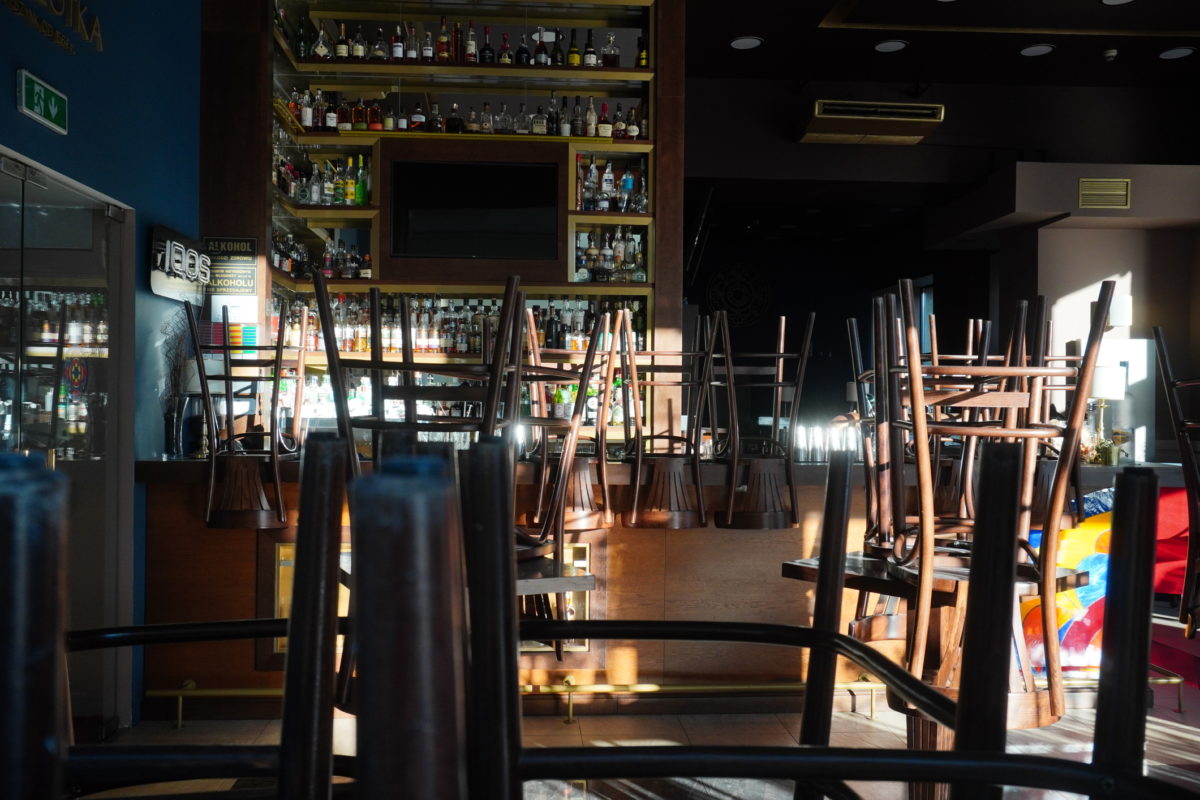
Photo Courtesy Sacred Heart University.
In 2019, Rochester University Press published “China and the Globalization of Biomedicine,” which charted the significance of that nation”™s role in the development of biomedicine from 1850 through the ascension of Mao Zedong”™s Communist regime in 1949. David Luesink, an assistant professor at Sacred Heart University, was a co-editor on that book, which received complimentary reviews in medical academic circles.
Luesink is returning to the subject in his latest project as co-editor of “The History of Health and Healing in China,” a new book series focused on the history of health and healing in China, with a primary focus on biomedicine.
“We are taking books that were originally published in Chinese ”“ some of them are award-winning books ”“ and making them available in English,” said Luesink, whose Sacred Heart classes include the history of medicine in China, the history of science, East Asian history and modern and late imperial Chinese history, as well as general history.
“I have some of these books and I can read them in Chinese,” he continued. “But many scholars who might be interested in this history don’t have the time to learn Chinese, so we are making this scholarship available.”
“The History of Health and Healing in China” is a joint endeavor between the British publishing company Routledge and the Chinese publisher Zhonghua designed to fill gaps within English- and Chinese-language research. The series will consist of 14 books, with eight English titles being translated from Chinese and six Chinese titles being translated from English.

The full series is expected to be completed by 2026, and Luesink acknowledged that multiple obstacles have kept the book from being made available earlier.
“It takes money to pay a translator and it takes a lot of time,” he said. “I’ve been involved in some translation before and it’s a lot of work. It”™s a difficult process, and up to this point we”™ve seen more books being translated from English into Chinese than the other way around. But I think we’re starting to see some equity.”
Luesink said he views “The History of Health and Healing in China” as an opportunity to provide a long-overdue understanding of how Chinese scholars and researchers approached a diverse range of medical considerations. While the ongoing Covid-19 pandemic is not scheduled to be a subject of the series, Luesink pointed to important historic precedents that showed how the Chinese medical establishment addressed earlier health crises.
“It’s definitely focusing on history, but there are previous pandemics like the history of plague and other diseases, and there will be discussion of epidemics and pandemics that affected China and the world,” he said.
As with his earlier book, Luesink said the new series will focus on the era prior to the 1949 Communist revolution.
“When you use the word ”˜modern,”™ that usually applies to the Opium Wars (of the 1800s) to 1949,” he said, referring to the Chinese government”™s categorizing of history. “The term ‘contemporary history’ usually refers to 1949 up to the present ”“ and that’s a much more sensitive time. In recent years, there has been an openness to talk about the 1950s, not just for the history of medicine and health but on a wide variety of topics.
“But archives from the 1960s and 1970s are still generally closed,” he added, referring to China”™s Cultural Revolution era. “And people within China generally avoid those topics because of the wide variety of political reasons.”
Luesink said the series”™ translators can take several months per title to transfer the text between the languages, while his editing input will assure the translation “is good and accurate, and that it’s very readable.” He expressed confidence that the series will give a new consideration to China”™s history.
“China played a significant role in creating globalized biomedicine in the past two centuries,” he said. “This series will make China”™s history of disease and health impossible to ignore.”


















